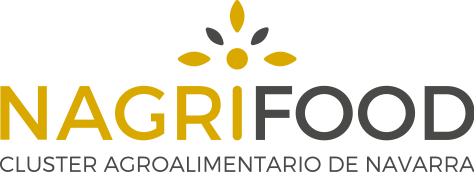Sector
Three strategic challenges
The Navarran agrifood sector, with its acknowledged know-how and prestige, is strategic in the balanced development of Navarre, as it generates activity and wealth across the entire region. This area of economic activity has a rich business fabric and major weight and size in terms of the industry as a whole. Its potential for growth, its impact in the region, and its capacity to generate employment are, and will continue to be high.
Within the Autonomous Community of Navarre, the food and beverage sectors hold the second industrial spot in terms of sales, with 20% of production and over 2.5 billion euros of turnover. It is an ecosystem involving approximately 1,370 companies and 24,000 agricultural holdings, which employ around 25,000 people.
The main macro-economic indicators – such as turnover, GDP and employment – confirm that this is a thriving activity, despite the financial crisis, and that it is firmly committed to public investment. The sector has remained stable: it continues to uphold the same level of employment, and reveals a high degree of integration within the regional economy, especially with the agricultural sector. However, its size and productivity may limit its competitiveness.
This is why Navarre has decided to join forces to support and strengthen this area of economic activity, something that has been accounted for in Strategy S3 for the Smart Specialisation of Navarre in defining a New Economic Development Model for Navarre in the mid and long term.
Agrifood in Navarre is constantly innovating, reinventing and adapting itself to new technologies, customs and new consumer demands. However, its booming prosperity must be safeguarded by activating systems that detect the on-going emergence of new development opportunities around the world. It is essential to conceptualise and design new penetration and positioning strategies that adapt the trademark agrifood identity of Navarre to new demands from emerging markets in a new and competitive global framework governed by competition regulations that require a knowledge and use of new technological instruments.

